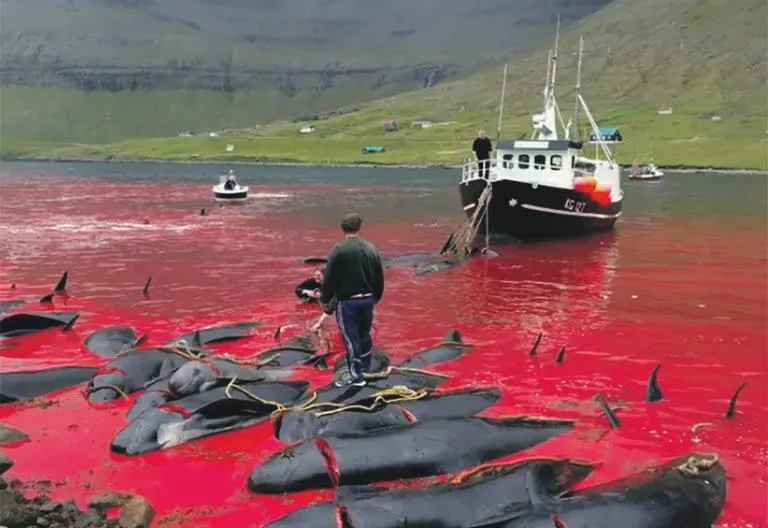In his recent magisterial and book, The Rise Triumph of the Modern Self, Carl Trueman makes the point that in the absence of an agreed ‘sacred order’ ethics become simply a matter of taste. This explains the difficulties evangelical Christians face understanding and responding to the changed attitudes of contemporary society, for example in respect of human sexuality or assisted suicide.
The supremacy of ‘taste’ in contemporary ethics was made evident to me last month when there was extensive coverage of the annual dolphin hunt in the Faroe Islands. Some 1,400 dolphins were corralled into a bay and then speared to death. My initial reaction was one of distaste. I like dolphins, know that they are sentient and intelligent creatures, and have a deep-rooted opposition to whaling as a result of the Save the Whale campaigns of my childhood. The reports led to strong calls for this annual hunt to be banned.
Ephemeral taste
I realised that my initial ‘taste’ reaction needed to be interrogated by Scripture. These dolphins were not members of an endangered species. In creation, God gave mankind dominion over the earth. After the flood, he gave us the right to take animals for food. Although the Old Testament law declared whales and dolphins unclean, because of their symbolic association with the chaotic sea monster, the gospel declares all food clean. The slaughter of the dolphins was no worse than that of millions of animals in British abattoirs every week. Unlike many of these, they had certainly enjoyed a ‘free range’ life. In an episode of ‘Clarkson’s Farm’, three ewes that had not conceived were sent to slaughter. As they were taken away Jeremy was moist-eyed. However, the programme ended with him enjoying a shepherd’s pie. God has given us meat to enjoy, and it is hypocritical to condemn the hunting of dolphins, but not the slaughter of sheep.








Fear and disorientation as the world changes
There is a palpable sense that the world order is changing from the “rules-based” order established after the end of …